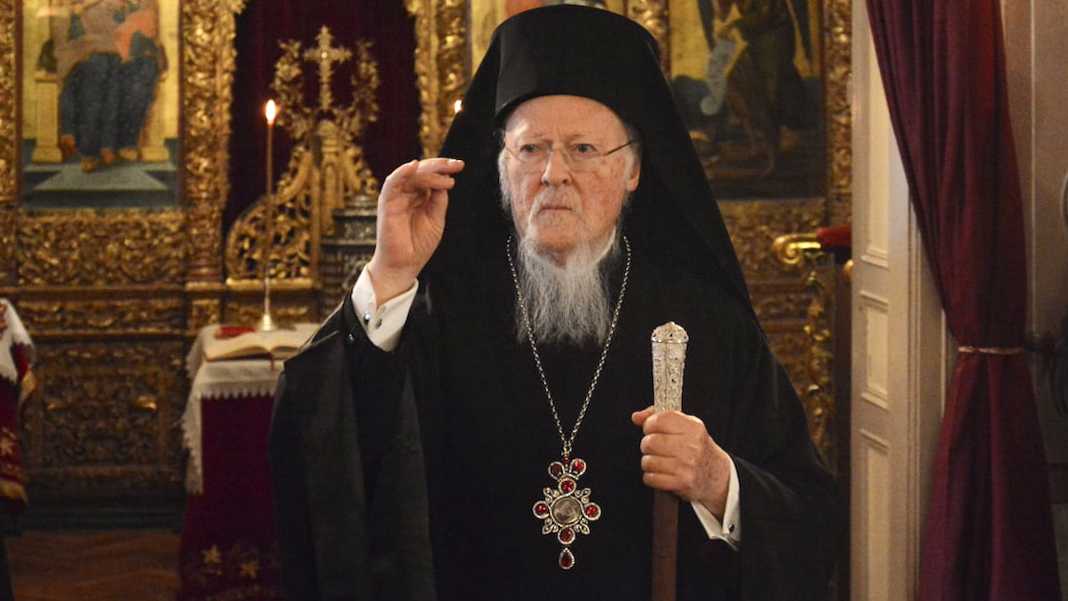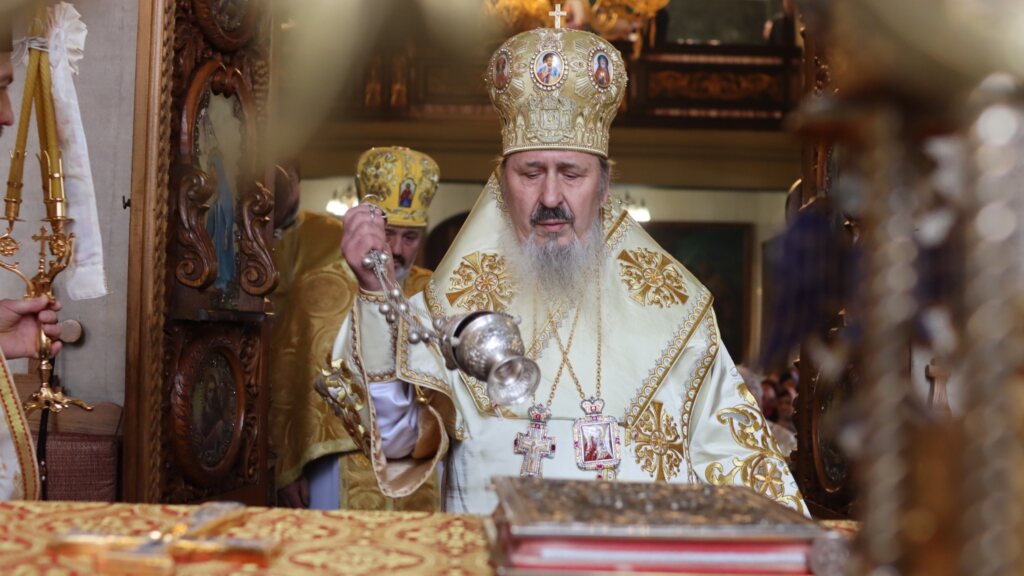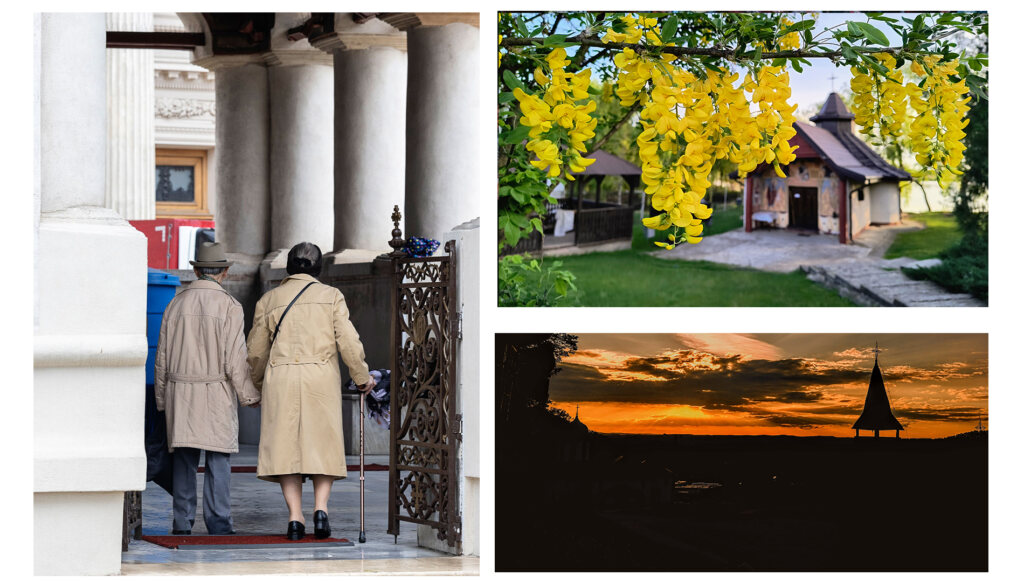“Holy and Great Lent is an invitation for us to discover the Church as a place and way of sanctification and sanctity, as a foretaste and image of the splendid radiance, of the fullness of life and of the complete joy in the eschatological Kingdom,” Ecumenical Patriarch Bartholomew of Constantinople highlighted in his catechetical homily at the beginning of Great Lent 2022.
Great Lent is the longest and strictest of the four fasting periods of the Orthodox Church. Lent starts on March 4 and is a 40-day season of spiritual preparation that comes before the Feast of Holy Pascha
In his message, the Patriarch of Constantinople called Lent “the arena of physical and spiritual discipline and ascetic struggle,” a time of preparation of believers and “journey in humility to the Holy and Great Week and life-giving Resurrection of the Lord.”
Not only for monastics
“Ascetic discipline is of course not only a feature of Holy and Great Lent; nor is it solely a matter of concern and obligation to monastics; nor again is it a result of external influence on the Christian ethos, a foreign element in our devotional life,” Patriarch Bartholomew stressed.
“Asceticism belongs to the core of Christian existence and the life of the Church. It constitutes a calling by Christ to His faithful and a witness of His saving presence in our lives.”
“As believers, we do not address an impersonal or inaccessible God, but the incarnate Word that revealed the love of God the Father and the communion of the Holy Spirit, the fullness of grace and freedom.”
“In this sense, filled with divine blessings and especially profound experiences, Holy and Great Lent remains a dynamic expression and revelation of the treasure and truth of church life in its entirety,” the Ecumenical Patriarch noted.
“Nothing in the life of the believer is fragmentary or an end in itself. Life in Christ is holistic and undivided. Repentance, humility, prayer, fasting, good deeds – all of these are intertwined and orient the believer to the Eucharist of the Church, the eschatological mystery of the Kingdom.”
Ascetic struggles are the beginning
“Ascetic struggles are the beginning, the “narrow gate” that leads us to the Holy of Holies. In our tradition, there is never “asceticism for the sake of asceticism.” Ascetic discipline is always a journey; it is fulfilled when it becomes part of the Church when it leads us to the communion of the Sacred Mysteries, which in turn incorporate us into the movement of the Church toward the Kingdom.”
Ecumenical Patriarch Bartholomew indicated the example of Saint Mary of Egypt, who is honoured by the Church on the Fifth Sunday of Lent. “After forty years of harsh ascetic struggle and unceasing prayer, she sought to partake of the Body and Blood of Christ from the hands of St. Zosimas in full knowledge that Holy Communion is the source of life and medicine of immortality.”
Great Lent – an invitation
“There is no Orthodox spirituality without participation in the Divine Eucharist, through which as believers we become one body, a communion of persons, the community of life, participants of the ‘common salvation’ in Christ the Saviour, who is the ‘common good.’ Therefore, fasting is submission and obedience to the rule of the Church, a communal experience.”
“Holy and Great Lent is an invitation for us to discover the Church as a place and way of sanctification and sanctity, as a foretaste and image of the splendid radiance, of the fullness of life and of the complete joy in the eschatological Kingdom.”
A journey to Pascha
The Patriarch of Constantinople underscored that experientially and theologically it is impossible for us to comprehend the spirit of Holy and Great Lent “if we do not perceive it as a journey toward Pascha.”
“The entire period of fasting preserves the ‘paschal perception’ of life. Gloomy asceticism is a perversion of the Christian experience; it is the ignorance of the imminent grace and future Kingdom; it is life ‘as if Christ never came,’ without expectation of the ‘resurrection of the dead’ and of ‘life in the age to come.'”
In his message, the Ecumenical Patriarch said he offers prayers for an immediate end to the conflict in Ukraine and for justice and peace to prevail.
In conclusion, Patriarch Bartholomew announced that this year the Holy Chrism will be consecrated at the Phanar on Great and Holy Thursday.
Photography courtesy of the Ecumenical Patriarchate / Nikolaos Papachristou
Follow us on Twitter: @BasilicaNews






